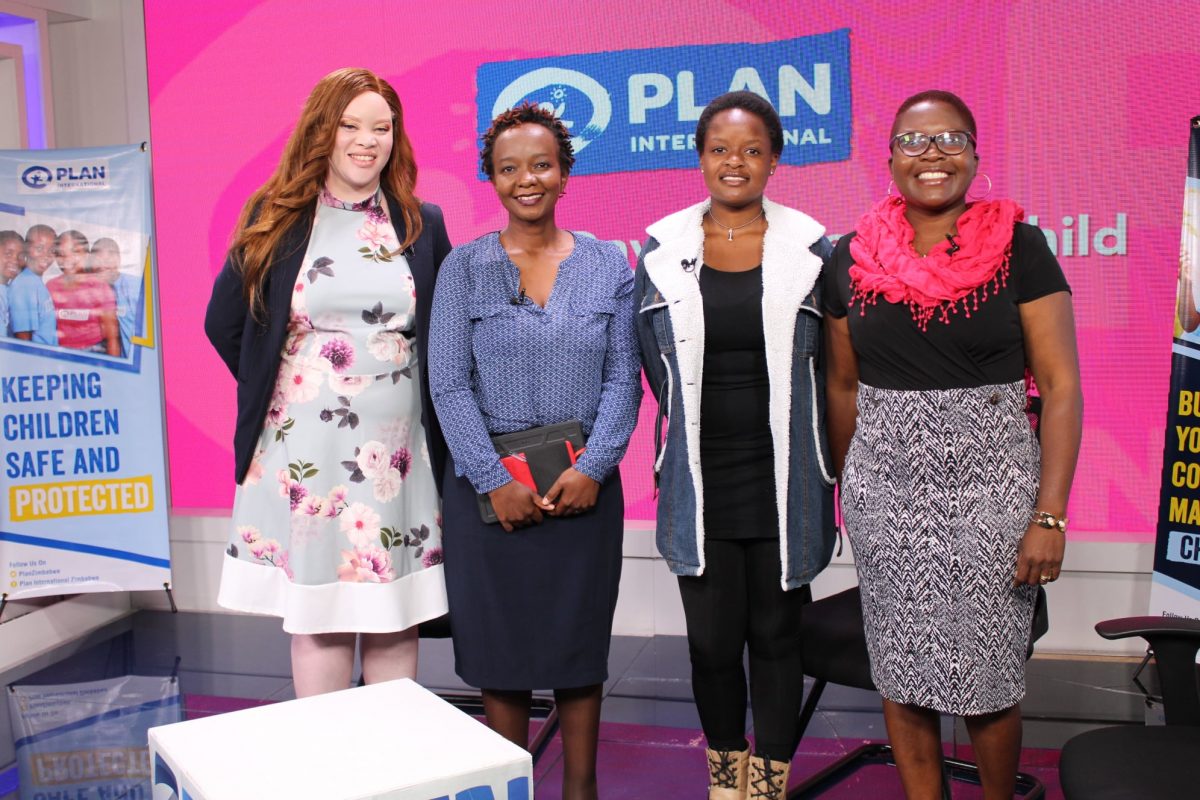By Julius Chadeba and Harriet Munyanduki
In the early 19th century in Africa, the girl child had limited chances of attending school against the male child. Society saw it fit that the male child gets a better education than the girl as he was the one who was to carry the family name. Thus if he got a better education this would enhance his chances of being successful and wealthy. This scenario still persists in most African countries up to this day.
Unlike the girl child who was not given a fair chance the argument being that she would eventually get married and go with her wealth to the family that would marry her, the male child when it came to education in the African set up was given first preference over the girl child.
International institutions have instituted documents such as the Convention on the Elimination of all forms of Discrimination against Women (CEDAW).
Institutions such as Plan international have advocated for greater inclusion of women by advocating for their empowerment through education. The programme was named “BECAUSE I AM A GIRL”, a global campaign to transform girls’ lives through education.
It ran from 2012 to 2018 and the campaign was also aimed at changing laws in numerous countries to help girls get the education and equal opportunities to participate in all sectors of the country.
The programme has been carried out in Uganda and Kenya and has seen many girls being able to get proper education at the university level.
As the world moved into the 21st century, the perspective that the girl child in terms of education should play second fiddle to the male child changed and girls began to be enrolled in schools. However, this victory for equal rights in the provision of education has been short-lived due to the new phenomenon of the covid – 19 era which began in 2019 but was declared a global health emergency in March 2020.
The Covid – 19 era resulted in nationwide lockdowns and all sectors were affected including the education sector. This was in a bid to curb the spread of the deadly disease. The closure of schools, although it affected children, in general, it mainly hit the girl child hard.
After the closure of schools, students were forced to resort to online learning, but for the girl child, this was more of a mammoth task as she was now exposed to the dangers of the internet with men prowling the internet in search of young girls to hook into prostitution by promising them heaven on earth. Some of the female children fell for these traps and went astray never to think about education or school again.
Online learning saw many learners unable to learn properly from home due to the fact that there were nationwide lockdowns. Many economies crumbled in Africa resulting in many job losses with a projected 43 million full-time jobs lost.
This means a number of families dismissed their domestic workers as they could no longer pay them. Thus the girl child, rather than focusing on school work, would spend most of her time feeling the gap that was left and take over all the household chores.
When she got free, she would be too tired to focus and pay attention to her studies. That meant she would be disadvantaged as she could focus on her studies. For the girl child in rural Africa, the aspect of online learning was very tricky and besides having loads of household chores to do, there was the aspect of poor internet connection, no electricity, and some families were too poor to afford phones.
Most families give first preference to the male child over the girl child whose education during the pandemic was affected by lack of phones and computers to use. The Covid -19 pandemic resulted in a number of job losses, with families no longer being able to fend for themselves. They resorted to other means of getting income to sustain themselves.
These methods were negative and they included child marriage. Thus after the lockdowns, a number of girl children dropped out of school because they were now married and could not continue with school as they had to fulfill the duties of a wife and a mother.
The period of the lockdowns saw a number of youths being idle with nothing much to do, hence they began to engage in risky activities such as drug abuse and reckless parties for entertainment.
The scenario led to a rise in unwanted pregnancies during this period. Thus a number of girls became mothers and failed to return back to school and carry out their studies. Thus the covid -19 has been a nightmare for the girl child as it has resulted in her failing to get a fair chance to complete her studies and have a better life.
Hope is not lost totally. Although the pandemic is no longer a global threat, governments can begin initiatives to invest in girls’ education by opening skills centres that may equip the girl child with life skills that can help them take care of themselves and foster girl child empowerment.






